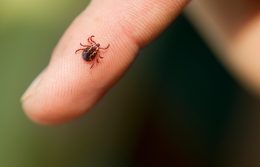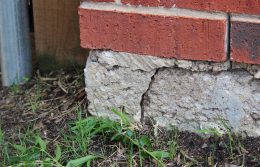Fireworks safety paramount to a great July 4th
Even a sparkler burns at nearly 2,000 degrees, hot enough to melt some metals, so it’s no wonder that the National Fire Protection Association (NFPA) warns that the safest way to deal with fireworks on July 4th or any other occasion is to attend a public show put on by professionals.
NFPA says that every July 4th, thousands of people are seriously injured or die by using consumer fireworks.
NFPA reports: “Despite the dangers of fireworks, few people understand the associated risks ― devastating burns, other injuries, fires, and even death.”
The Alliance to Stop Consumer Fireworks urges the public to avoid the use of consumer fireworks and instead, to enjoy displays of fireworks conducted by trained professionals. However, if you have a tradition of blowing up your own pyrotechnics, you want to stay safe from injuries, keep others safe and avoid property damage.
Are your fireworks legal?
First, check to see if it is legal to set off fireworks in your county. Local ordinances and drought conditions may affect what’s legal and what’s not.
Also, avoid areas where there are many people setting off fireworks at once―fireworks are unpredictable, and there is a good chance you could get hurt. Check here, or call your local Fire Marshal to find out where it is illegal to use fireworks. Remember: Just because you purchase fireworks in a county doesn’t necessarily mean you can ignite them there. The use of fireworks can be safe if a few common-sense rules are followed:
- Read the warning labels and performance descriptions before igniting.
- Parents should always closely supervise teens if they are using fireworks.
- Do not allow young children to handle or use fireworks.
- Always have water ready.
- Never, ever, relight a “dud” firework. Wait 20 minutes and then soak it in a bucket of water.
- Soak spent fireworks with water before placing them in an outdoor garbage can.
Visit the CPSC site for more very important safety guidelines about fireworks on July 4th.



